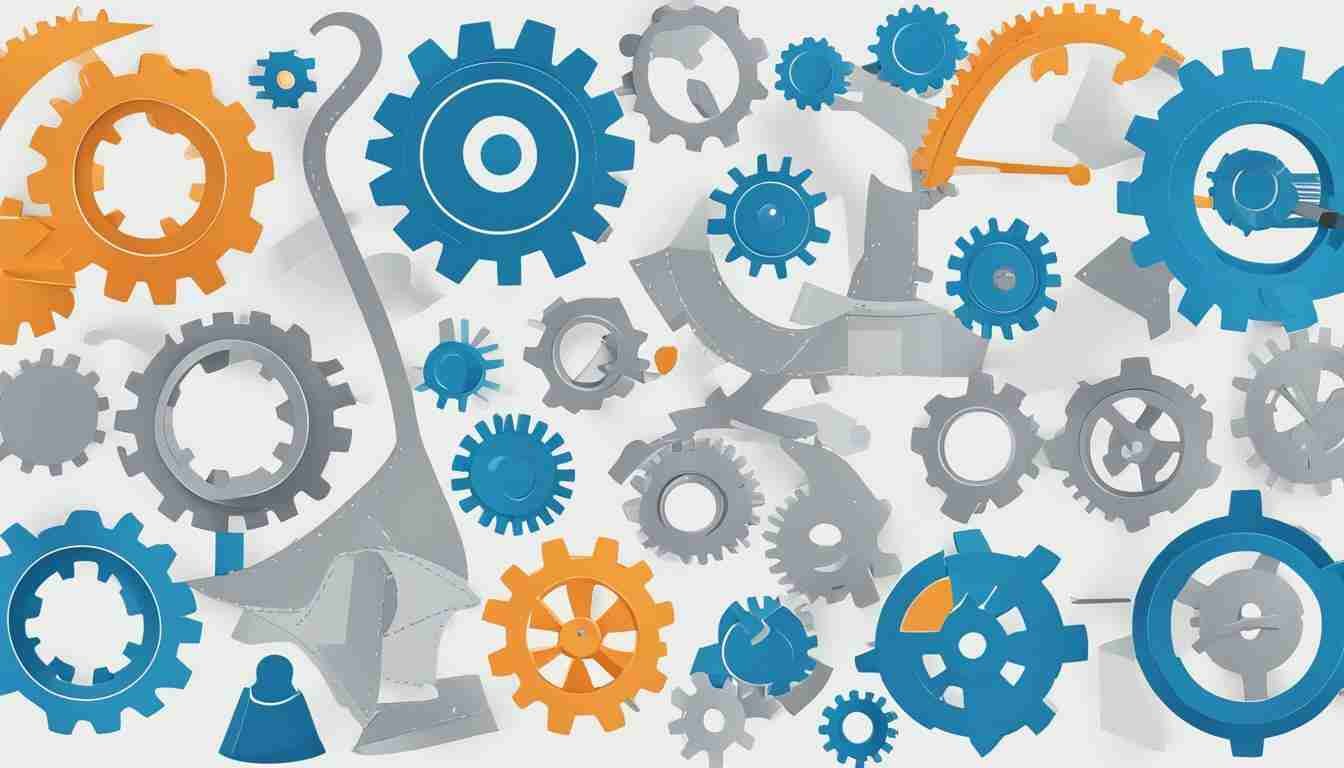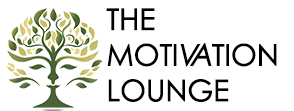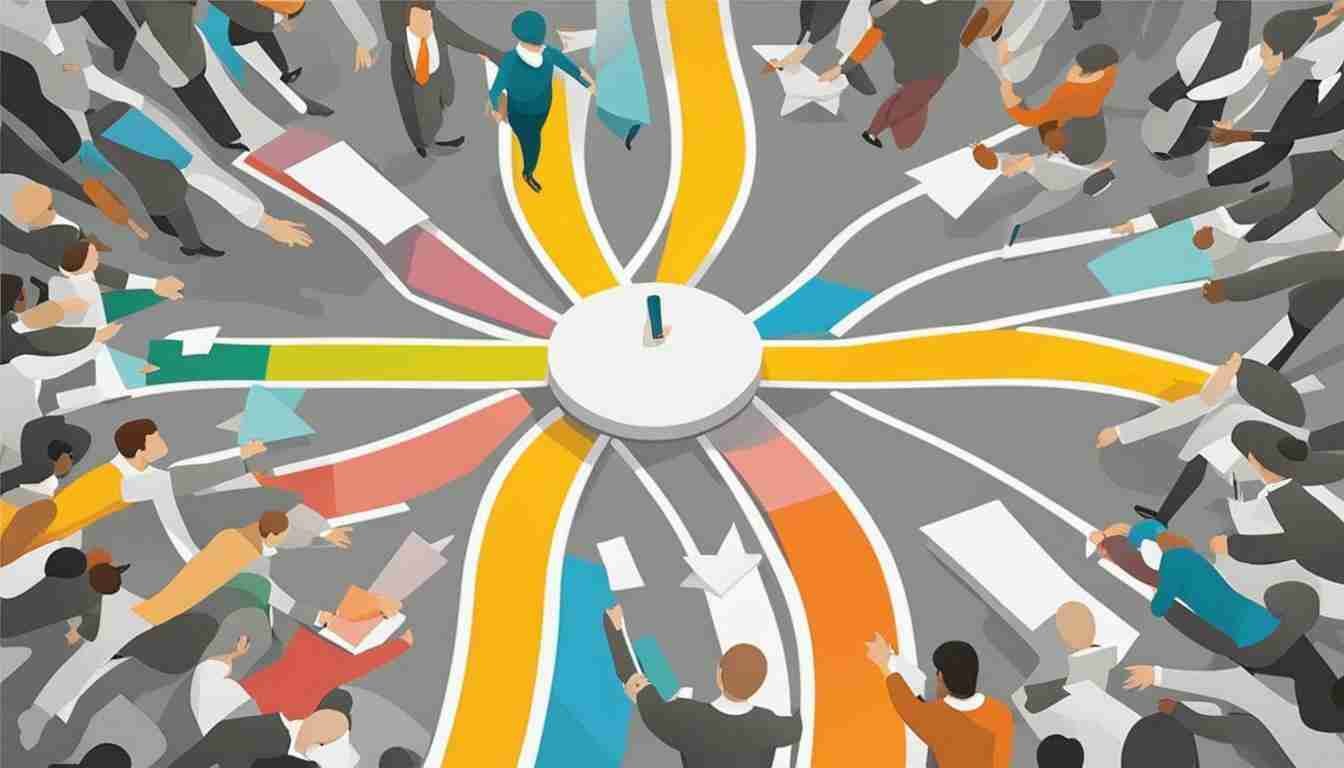Effective decision-making is a valuable skill everyone needs to succeed in life. Whether it be in personal relationships or professional endeavors, the ability to make sound decisions is essential. Decision-making skills involve problem-solving abilities, critical thinking, and analytical skills. These skills can be developed and improved so you can achieve better outcomes in all areas of your life.
Key Takeaways
- Decision-making skills are crucial for success in all areas of life.
- Improving problem-solving abilities and critical thinking are essential to enhance decision-making skills.
- Analytical skills are also crucial for making informed decisions.
Developing Strong Analytical and Logical Reasoning Skills
To make informed decisions, you need to be able to analyze data, identify patterns, and use critical thinking to evaluate options. Developing your analytical and logical reasoning skills is essential in making sound decisions that align with your goals and values.
One way to enhance your analytical skills is to practice breaking down complex problems into smaller, more manageable parts. By breaking down complex problems, you can identify the root cause of the issue and develop a solution that addresses the underlying problem.
| Exercise: | Start by identifying a complex problem you have faced recently. Write the problem in detail and then break it into smaller, more manageable pieces. Finally, identify the root cause of the problem and develop a solution that addresses the underlying issue. |
|---|
In addition to analytical skills, developing strong logical reasoning skills is critical in decision-making. Logical reasoning helps you evaluate the strength of arguments, identify inconsistencies in thought processes, and draw conclusions based on evidence.
One way to enhance your logical reasoning skills is to practice identifying assumptions, premises, and conclusions in arguments. By understanding the logical structure of arguments, you can evaluate the soundness of the argument and identify any flaws in reasoning.
| Exercise: | Identify an argument you have encountered recently. Write down the assumptions, premises, and conclusions of the argument. Evaluate the soundness of the argument and identify any flaws in reasoning. |
|---|
Mastering analytical and logical reasoning skills takes practice and patience, but it is well worth the effort. By developing these skills, you can make more informed decisions that lead to better outcomes.

Mastering Strategic Thinking for Effective Decision Making
Strategic thinking is a crucial aspect of decision-making skills. It involves analyzing situations, identifying opportunities, and developing plans to use these opportunities to your advantage. Practical strategic thinking allows you to make better decisions that align with your goals and objectives. It involves considering all possible options and evaluating their potential outcomes before making a final decision.
To improve your strategic thinking skills, you must first define your long-term goals and objectives. This will give you a clear vision of where you want to be and what you want to achieve. You can then develop a plan of action that will help you work towards these goals. This plan should be flexible and adaptable, as circumstances may change that require adjustments to your strategy.
Another critical aspect of strategic thinking is analyzing data and information to make informed decisions. It is essential to gather and evaluate all relevant information before deciding. This includes considering potential risks and benefits associated with each option.
Strategic thinking also involves the ability to anticipate and plan for the future. This includes identifying potential challenges and developing contingency plans to address them. By anticipating potential obstacles, you can better prepare yourself and your team to handle them effectively.
By mastering strategic thinking, you can make more effective decisions that lead to better outcomes. By analyzing situations, identifying opportunities, and developing proactive plans, you can improve your decision-making skills and achieve your long-term goals.

Cultivating Sound Judgment and Rational Decision Making
Sound judgment and rational decision-making are critical components of practical decision-making skills. Making decisions based on emotions, biases, or personal opinions can lead to poor outcomes.
When making decisions, gathering all relevant information, identifying potential consequences, and evaluating the options objectively is essential. This means putting personal biases aside and considering all factors that could impact the outcome.
It is also essential to consider the long-term implications of any decision. Will it benefit the organization or provide short-term gains? What are the potential risks, and how can they be mitigated?
| Key Steps in Cultivating Sound Judgment and Rational Decision-Making |
|---|
| 1. Gather all relevant information |
| 2. Identify potential consequences |
| 3. Evaluate options objectively |
| 4. Consider long-term implications |
It is also important to involve others in the decision-making process. Seeking input from team members or subject matter experts can provide valuable perspectives and help identify blind spots.
Finally, it is essential to be willing to adapt and change course if necessary. Sometimes, decisions may need revisiting or modified based on new information or unexpected outcomes. Sound judgment means recognizing when a change is needed and taking action accordingly.

In summary, cultivating sound judgment and rational decision-making skills is crucial for success in both personal and professional life. By gathering all relevant information, evaluating options objectively, considering long-term implications and being willing to adapt, individuals can make effective decisions that lead to positive outcomes.
Conclusion
In today’s fast-paced and ever-changing world, decision-making skills have become more critical than ever. Acquiring and developing these skills can improve your problem-solving abilities and critical thinking, leading to better outcomes in both personal and professional life.
Developing analytical and logical reasoning skills can aid in making informed decisions. It can help you break down complex problems into smaller, more manageable parts, identifying patterns and trends that can lead to practical solutions.
Strategic thinking is another crucial skill to have when making decisions. It involves considering various options and potential outcomes before making a choice. It requires a more comprehensive approach, considering different perspectives and potential consequences before deciding.
Having sound judgment and rational decision-making skills is also vital. It involves remaining objective and unbiased, even in emotionally charged situations. It requires careful consideration of the facts, weighing up the pros and cons, and assessing any potential risks before deciding.
In conclusion, acquiring and developing decision-making skills can aid in achieving better outcomes in both personal and professional life. Each skill is equally important in making informed and effective decisions, from honing analytical skills to mastering strategic thinking. With practice and patience, anyone can develop decision-making skills to become a more confident, successful decision-maker.
FAQ
Q: What are decision-making skills?
A: Decision-making skills refer to the abilities and strategies to make informed and effective choices in various situations. These skills involve evaluating options, analyzing data, considering consequences, and selecting the most appropriate action.
Q: Why are decision-making skills critical?
A: Decision-making skills are crucial in both personal and professional life. They enable individuals to solve problems, overcome challenges, and make well-informed choices. Strong decision-making skills contribute to efficient and effective decision-making processes, improving outcomes and overall success.
Q: How can I improve my decision-making skills?
A: Improving decision-making skills requires practice and self-awareness. Some strategies include gathering relevant information, considering different perspectives, weighing pros and cons, seeking advice or feedback, using analytical and critical thinking techniques, and learning from past experiences.
Q: What is analytical thinking?
A: Analytical thinking refers to breaking down complex problems or situations into smaller parts, analyzing them systematically, and drawing logical conclusions. It involves identifying patterns, relationships, and cause-and-effect connections to arrive at a well-reasoned solution or decision.
Q: How can I develop strong analytical and logical reasoning skills?
A: Developing strong analytical and logical reasoning skills can be done through various methods. Some strategies include practicing problem-solving exercises, engaging in critical thinking activities, enhancing data analysis abilities, learning different analytical models or frameworks, and seeking opportunities to apply these skills in real-life scenarios.
Q: What is strategic thinking?
A: Strategic thinking involves analyzing, evaluating, and anticipating long-term implications and consequences of decisions. It focuses on understanding the bigger picture, assessing risks and opportunities, and aligning actions with goals or objectives to achieve desired outcomes.
Q: Why is strategic thinking important for effective decision-making?
A: Strategic thinking is essential for effective decision-making because it allows individuals to consider their choices’ potential impact and consequences in the long run. It helps identify risks, leverage opportunities, align decisions with organizational goals, and anticipate future challenges or changes, leading to more informed and successful decision-making.
Q: How can I cultivate sound judgment and rational decision-making?
A: Cultivating sound judgment and rational decision-making involves developing critical thinking, logical reasoning, and evidence-based evaluation skills. It requires considering all relevant factors, weighing conflicting information objectively, avoiding biases or emotional influences, and making decisions based on logical analysis and sound reasoning.
Q: What are the benefits of sound judgment and rational decision-making?
A: Sound judgment and rational decision-making help individuals make well-grounded choices based on logical analysis and evidence. This leads to more reliable outcomes, minimizes the risk of errors or hasty decisions, improves problem-solving abilities, and enhances overall effectiveness in personal and professional decision-making contexts.





